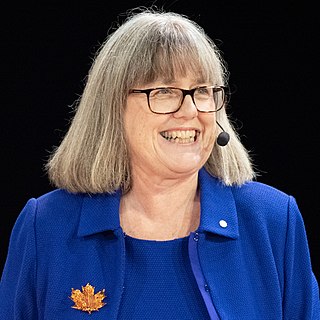A Quote by Brian Henson
But curriculum-wise, I was drawn to the sciences and specifically to physics, and I really enjoyed it and I think for a little while there, I was really thinking my schooling would be in physics, that that was something I loved.
Related Quotes
It is true that physics gives a wonderful training in precise, logical thinking-about physics. It really does depend upon accurate reproducible experiments, and upon framing hypotheses with the greatest possible freedom from dogmatic prejudice. And if these were the really important things in life, physics would be an essential study for everybody.
When I was in college, I didn't like physics a lot, and I really wasn't very good at physics. And there were a lot of people around me who were really good at physics: I mean, scary good at physics. And they weren't much help to me, because I would say, 'How do you do this?' They'd say, 'Well, the answer's obvious.'
I'm a huge advocate of all sciences. And my favorite - actually, not my favorite because I love all sciences - but my primary science that I study all the time is physics. It's the mother of all sciences because it's just how things move and how things react to the world around them. I feel like I would definitely go to college for physics.
It seems that every practitioner of physics has had to wonder at some point why mathematics and physics have come to be so closely entwined. Opinions vary on the answer. ..Bertrand Russell acknowledged..'Physics is mathematical not because we know so much about the physical world, but because we know so little.' ..Mathematics may be indispensable to physics, but it obviously does not constitute physics.
I founded an educational software company called Knowledge Revolution. We had the first fully animated physics lab on the computer. You could take ropes, pulleys, balls and anything else you'd use in your physics textbook and the program would allow you to build anything you can think of in a physics lab.
I studied physics at Princeton when I was a college student, and my initial intention was to major in it but to also be a writer. What I discovered, because it was a very high-powered physics program with its own fusion reactor, was that to keep up with my fellow students in that program I would need to dedicate myself to math and physics all the time and let writing go. And I couldn't let writing go, so I let physics go and became a science fan and a storyteller.

































